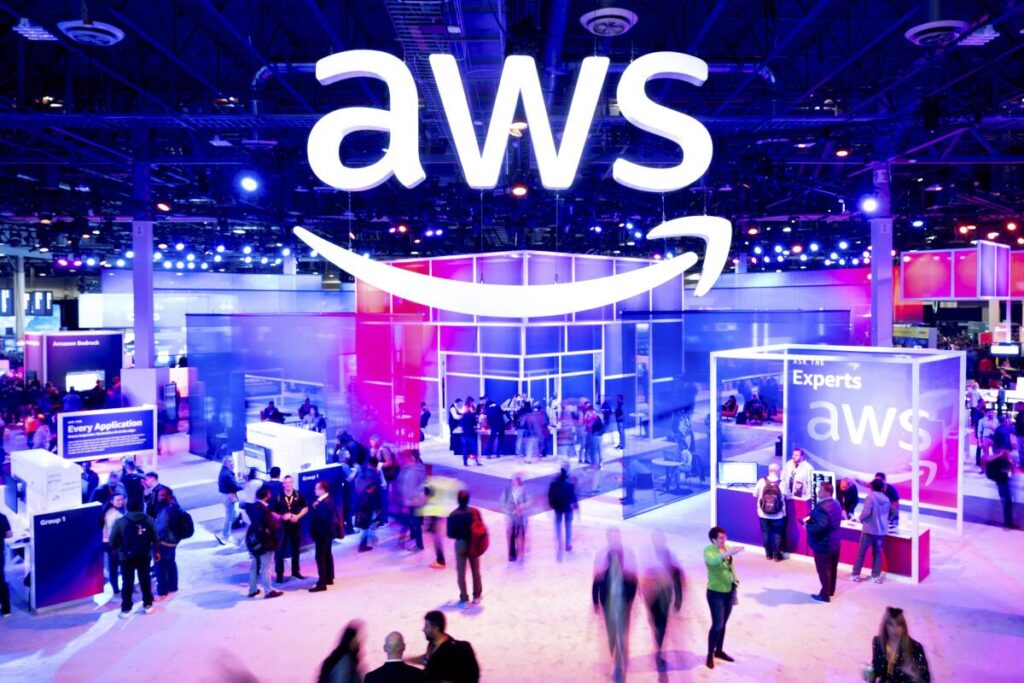Amazon Web Services (AWS) suffered a massive global outage on Monday, October 20, 2025, that disrupted dozens of major websites and applications including Snapchat, Alexa, Fortnite, Ring, Venmo, Coinbase, and Canvas.
The disruption was traced to a DNS resolution failure affecting AWS’s US-EAST-1 region, a critical hub for cloud operations. The failure triggered widespread downtime across multiple services that rely on DynamoDB API endpoints. AWS confirmed elevated error rates and cascading service disruptions before restoring normal operations after nearly 12 hours.
“We experienced elevated DNS query errors in one region that cascaded into other dependent services,” AWS said in an official statement. “Normal operations have now been restored, and we’re conducting a full investigation to prevent recurrence.”
The outage left millions of users unable to access key platforms and caused operational slowdowns for countless businesses. Many companies were forced to switch to backup systems or temporarily halt critical operations as engineers worked to restore connectivity.
Online outrage erupted quickly, with users venting frustrations and analysts warning about the dangers of over-dependence on a few dominant cloud providers. The Verge summed up the situation with a now-viral quote: “When AWS sneezes, the internet catches a cold.”
U.S. Senator Richard Blumenthal called for renewed scrutiny and stricter oversight of Big Tech, saying, “Cloud platforms like AWS must be treated as critical infrastructure subject to transparency, accountability, and regulation.”
The outage came amid growing controversy at AWS after software engineer Abdelkader Boudih accused the company of deleting ten years’ worth of personal data without prior notice. Boudih described the experience as a “digital execution,” claiming the deletion violated AWS’s own data retention policies. The company has yet to issue a public response to the allegations.
Industry experts warn that the outage will likely accelerate the shift toward multi-cloud and hybrid cloud strategies, as businesses seek to reduce dependency on a single provider. AWS, which controls roughly one-third of the global cloud market, has experienced multiple high-profile disruptions in recent years, each highlighting the fragility of the world’s increasingly centralized digital infrastructure.
As digital services continue to form the backbone of modern economies, analysts say this latest outage serves as a stark reminder of the need for resilience, redundancy, and better oversight in the global cloud ecosystem.

